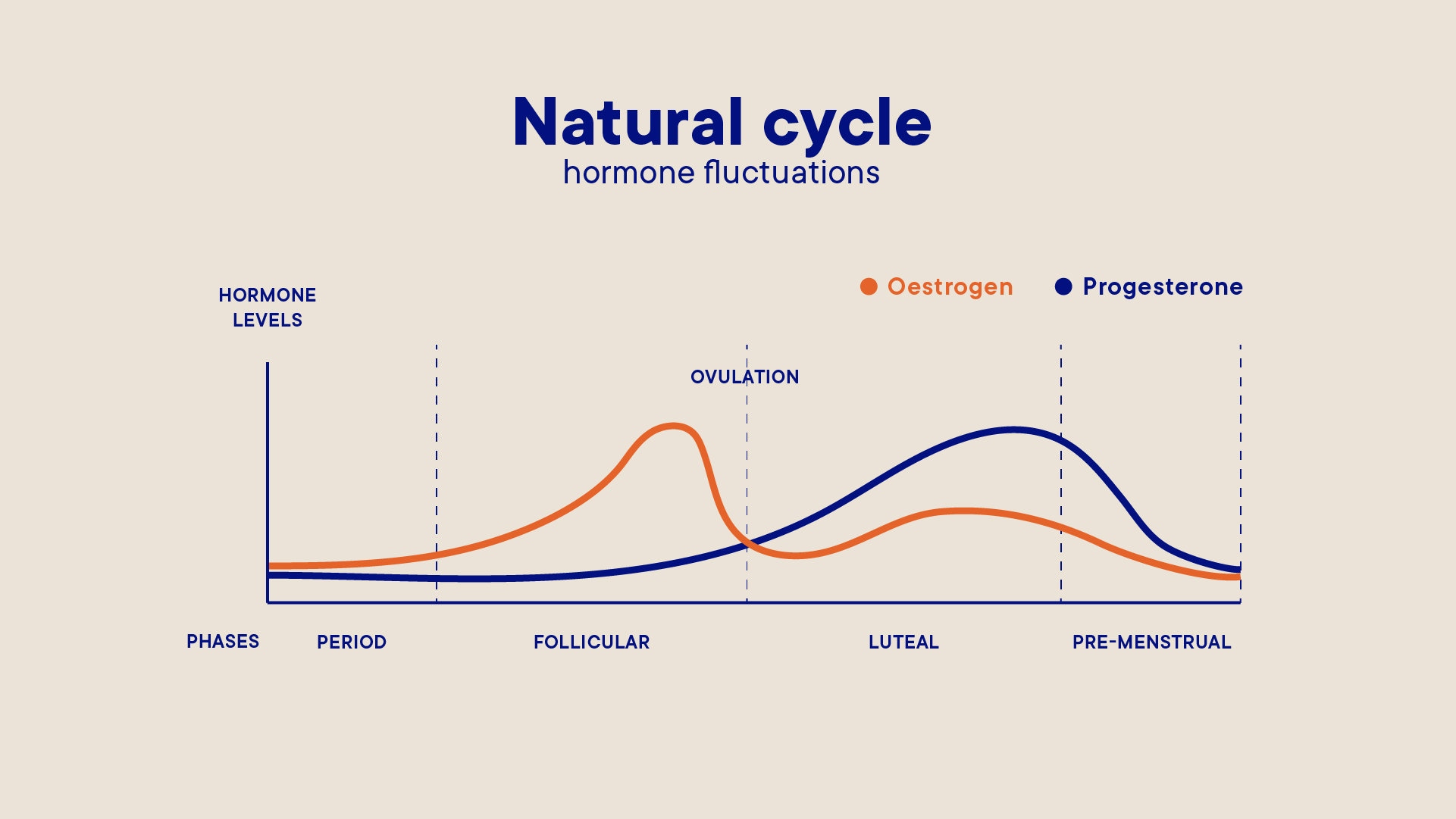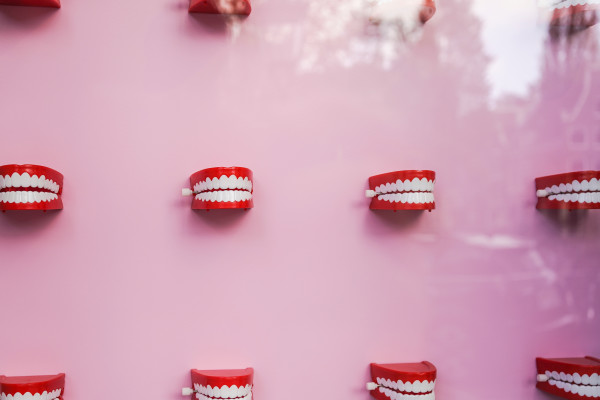What does oral contraception do to your hormones?
2 years ago
Cycle syncing2 years ago
Cycle syncing
Women have been taking the pill for over 60 years, but how many of us actually know how it affects our hormones? We turn to Jennis Physiologist, Dr Emma Ross, to find out more...
Reviewed by: Dr Emma Ross
More than 60 years since it was introduced to British women, the pill remains the most popular form of prescribed contraceptive among women, with 3.1 million women in England taking either the combined or “mini pill”. In the US it’s 5.8 million and globally we’re looking at 151 million .
It’s not just for birth control reasons that we’re taking it, either. According to a 2011 US study , 31% of women use it to reduce cramps and menstrual pains, 28% to help prevent migraines and 14% for the treatment of acne, with only 42% using it to stop them getting pregnant.
We’re often told that the pill contains the sex hormones of our menstrual cycle, oestrogen and progesterone. But, according to Jennis Physiologist, Dr Emma Ross, because oestrogen and progesterone break down too quickly to be practical, no pill contains either. Instead, oral contraceptives usually contain synthetic versions that have been altered to mimic the main menstrual cycle hormones.
Although there are hundreds of pill brands on the market, they can broadly be divided into two camps - the ‘combined pill’ and the ‘progestin-only pill’ - with each containing different synthetic sex hormones and each one having a different effect on your hormones.
The combined pill ( taken by roughly 70% of women of women taking the pill ) contains synthetic versions of both sex hormones oestrogen (ethinyloestradiol) and progesterone (progestins).
The main job of the pill is to suppress ovulation (the release of an egg from the ovary). In order to do this, the combined pill provides a constant supply of synthetic progesterone and oestrogen. This tricks your brain into thinking you’re in the second half of your menstrual cycle (when oestrogen and progesterone would naturally be elevated) and leaves your brain thinking it's already ovulated that month.
The synthetic hormones also thicken the mucus at the entrance to your womb (to prevent sperm from entering) and thins the uterus lining (making it more difficult for a fertilised egg to implant).
The combined pill affects your body’s balance in two main ways. First, it reduces your body’s natural hormones – oestrogen and progesterone. These would normally fluctuate during your cycle - see natural cycle hormone image below.

As you can see in the image below, during the 21 days when you’re taking the combined pill, it replaces your natural hormones with artificial oestrogen and progesterone. These peak within an hour of taking the pill, and then slowly drop off, sending signals to your brain that override your natural cycle and ovulation. (Image inspiration: Chidi-Ogbolu & Baar 2009)

When it comes to taking the combined pill, you take it for 21 days and then take a break for seven, during which time you’ll experience a period-like bleed. Although many of us refer to this as our period, this is actually a ‘withdrawal’ bleed rather than a natural one. This withdrawal bleed is caused by a drop in the hormone levels delivered by the pill, which in turn causes the lining of your uterus (the endometrium) to shed.
The mini pill just contains synthetic progesterone, but in a lower dose to a combination birth control pill. Broadly speaking, the progestins thicken the cervical mucus we mentioned earlier and thin the uterus lining to make the womb inhospitable. It’s this that prevents pregnancy. In contrast to the combined pill, you take this every day, rather than taking a break for seven days.
Rather than being derived from progesterone, most progestin pills are made from testosterone. This means that as well as acting like progesterone in your body, they can also act in the same way testosterone would, which can lead to masculinising effects such as acne, weight gain and increased body hair.
There are four generations of progestin-only pills, with different ones doing different things. First and second generation progestins have the most testosterone-like side effects, whereas third generation progestins do less of the masculinising, with many women noticing no unwanted side effects at all.
Fourth generation are slightly different again, as their chemical make-up blocks the effects of testosterone. It’s because of this that they are an effective treatment for severe acne or unwanted hair growth on the face, chest or back.
With progestin only pills, because you take them continuously, women can stop having a regular bleed. However, if you take your pill at a different time than usual, you may get spotting or a ‘breakthrough’ bleed.
We’re on a mission to empower women with knowledge about our bodies so that we can all be ambassadors of our own health. If you have any questions about your hormones, health and training, email us at: support@jennisfitness.com
 Cycle syncing
Cycle syncing Perimenopause
Perimenopause Perimenopause
Perimenopause Perimenopause
PerimenopauseSign up to learn everything you need to know about CycleMapping, plus how you can live better and feel better through optimising your fitness to you.
This website uses cookies to ensure you get the best experience on our website. Learn more

Sign up for the very latest news on women's fitness, health and hormones, plus be the first to receive exclusive offers and extras